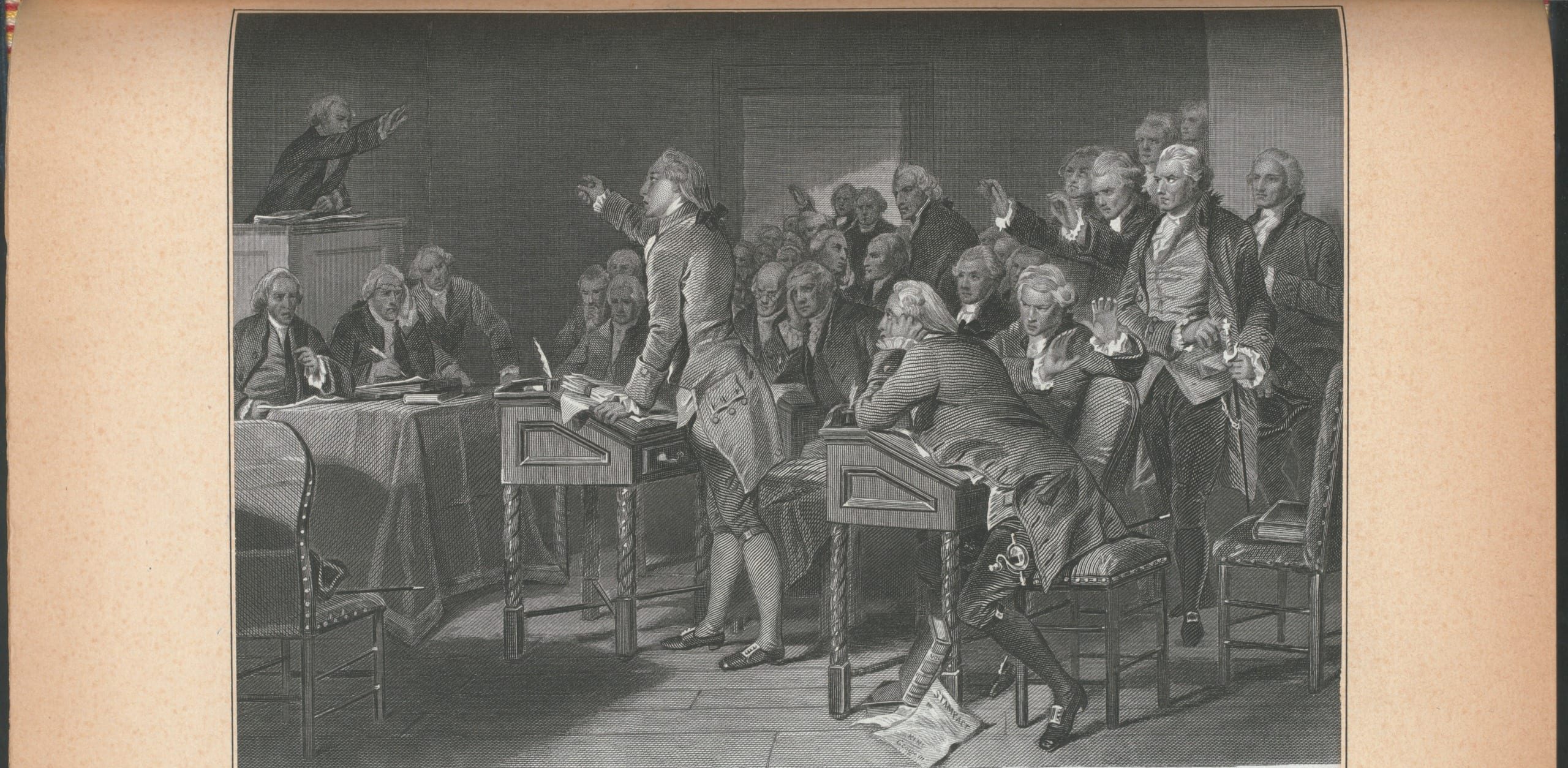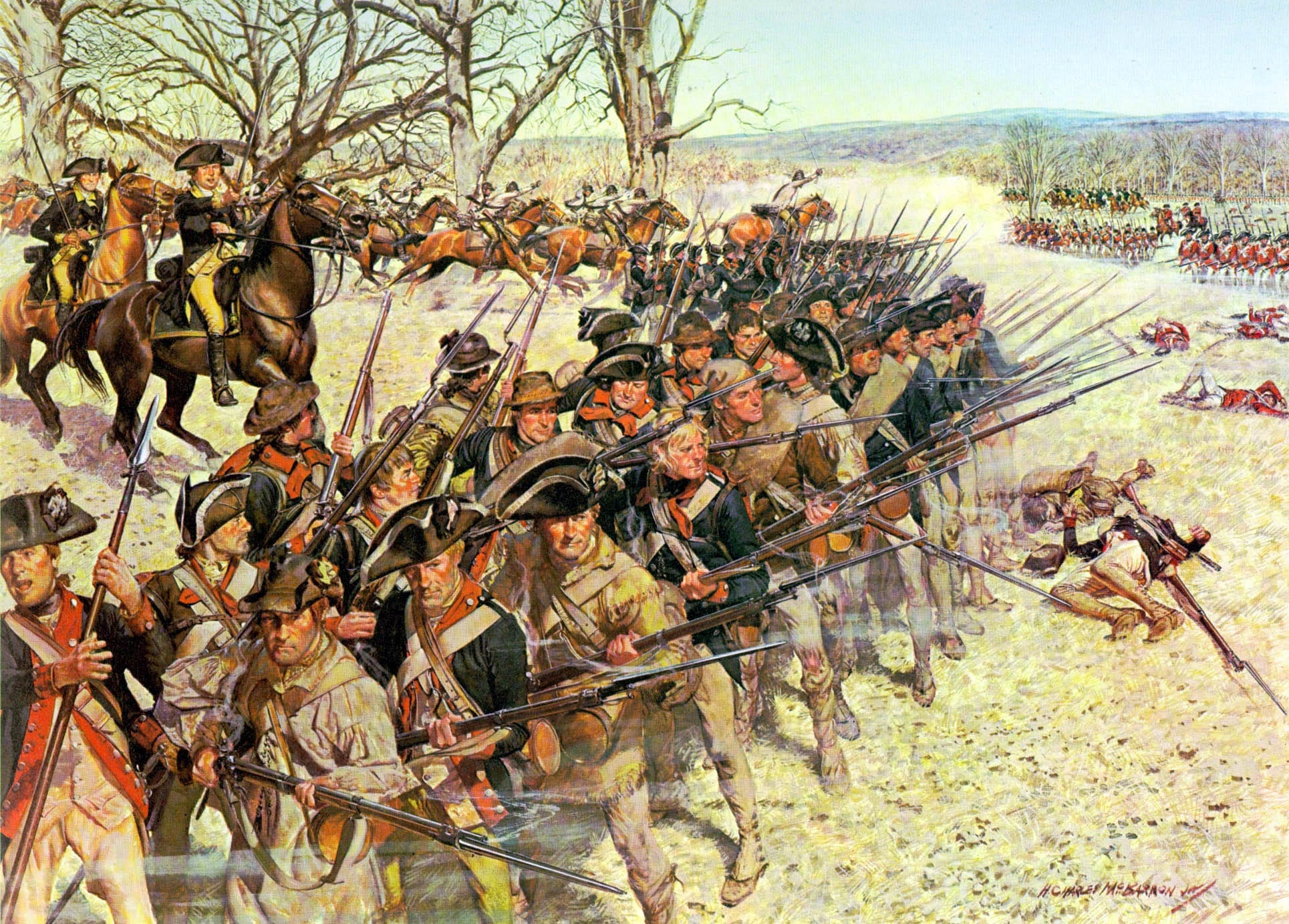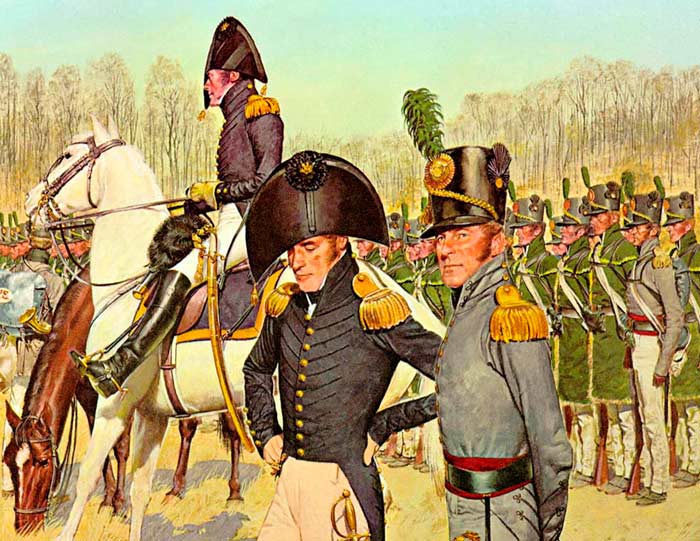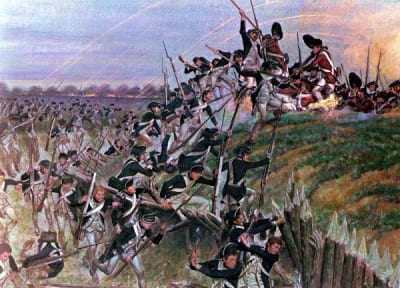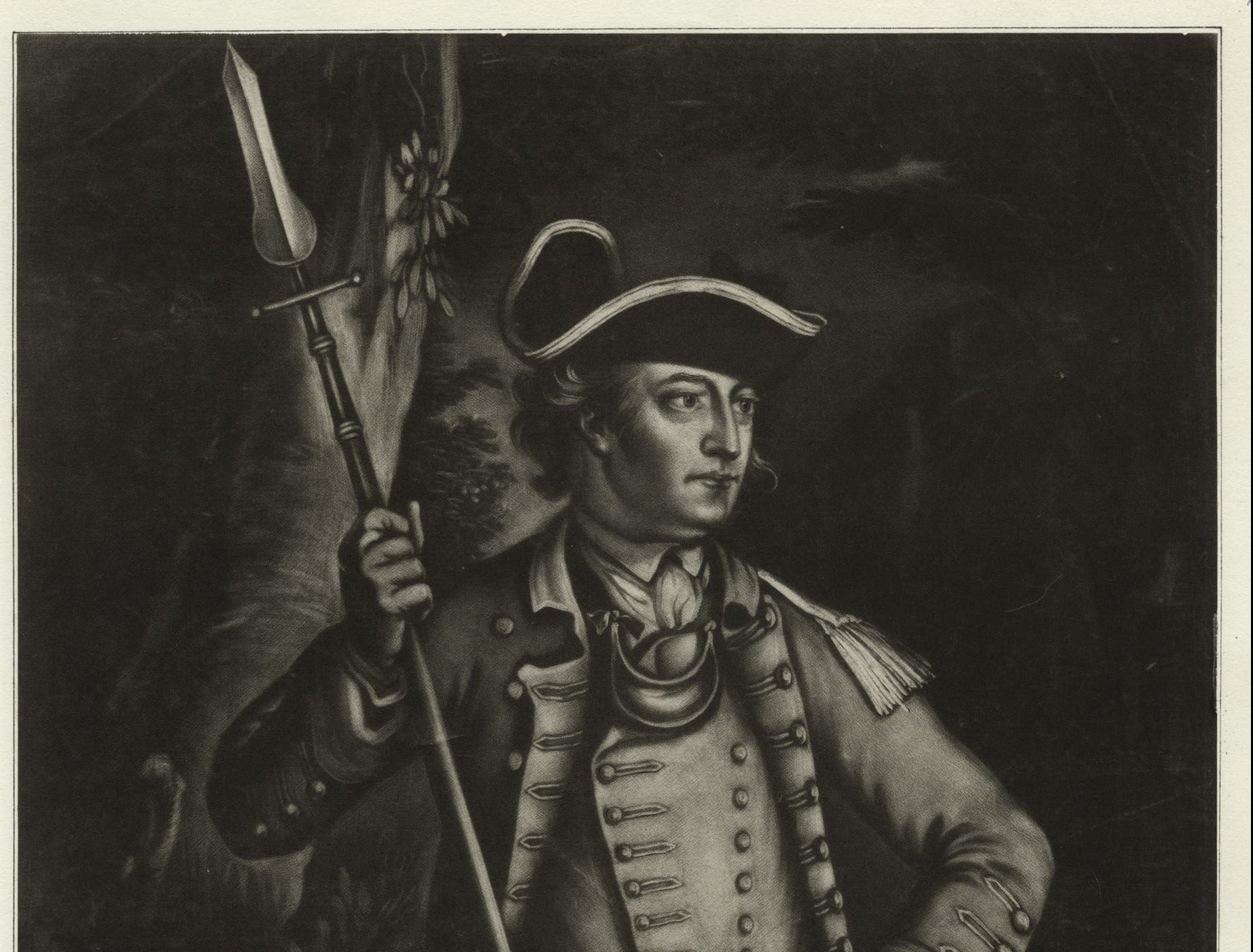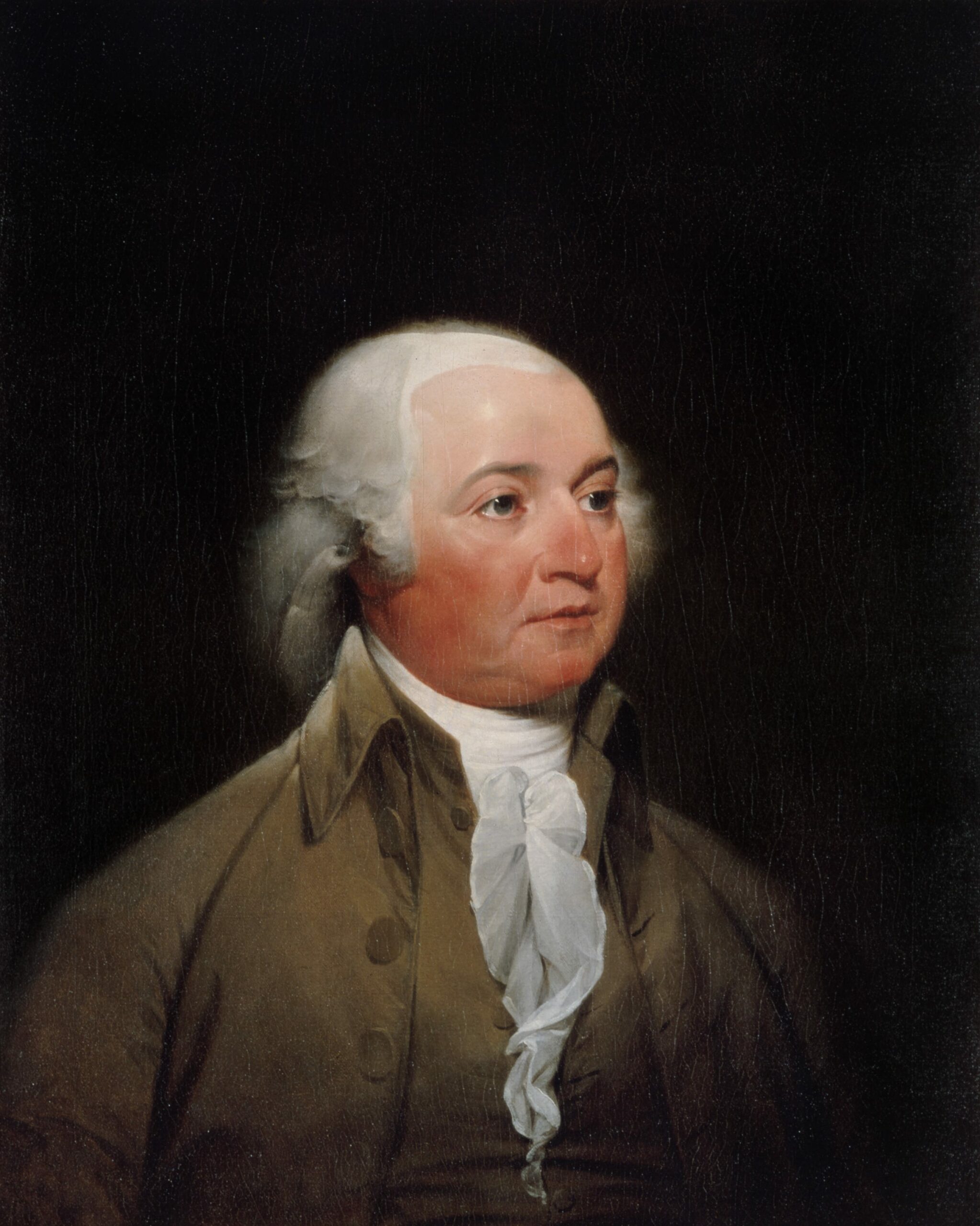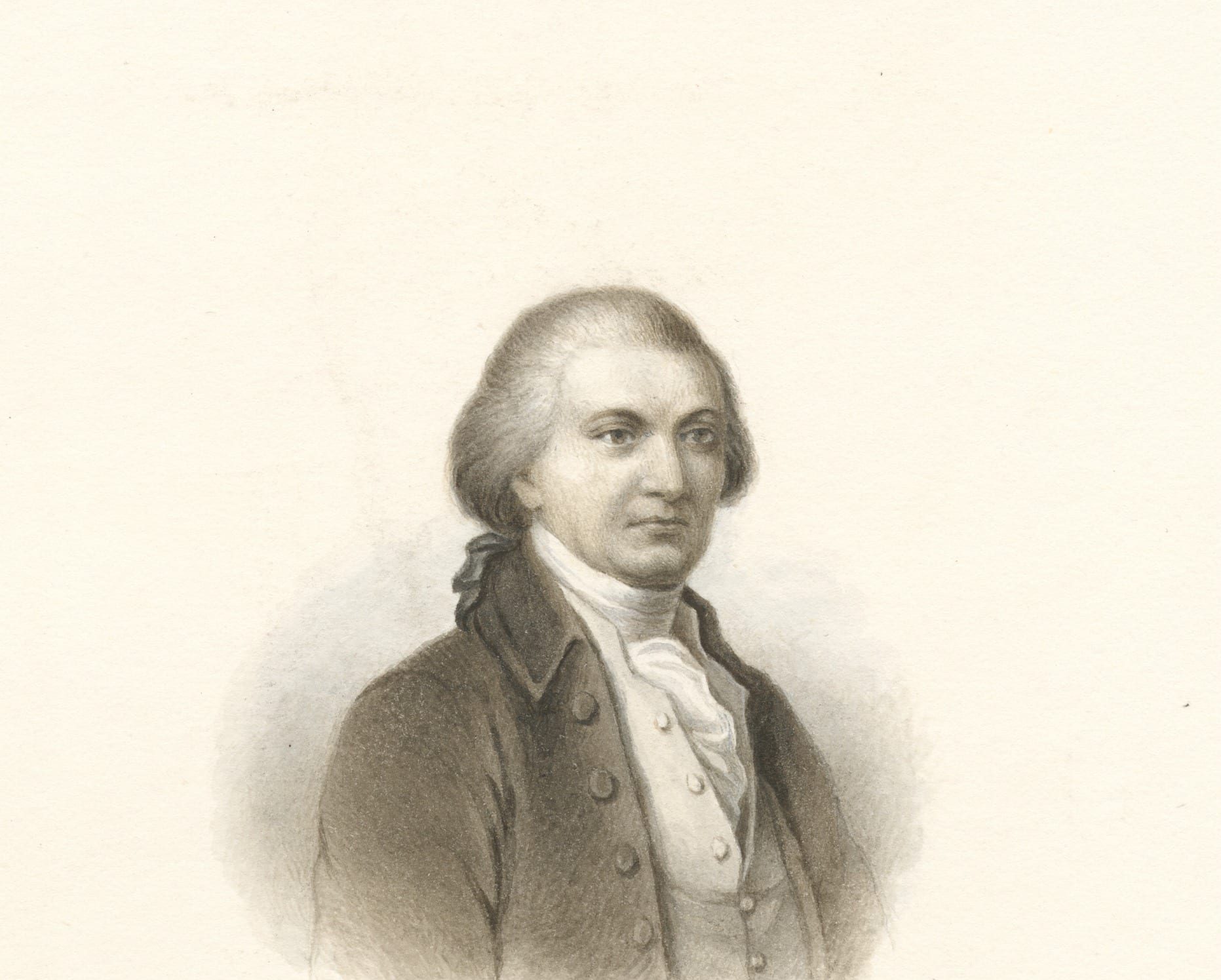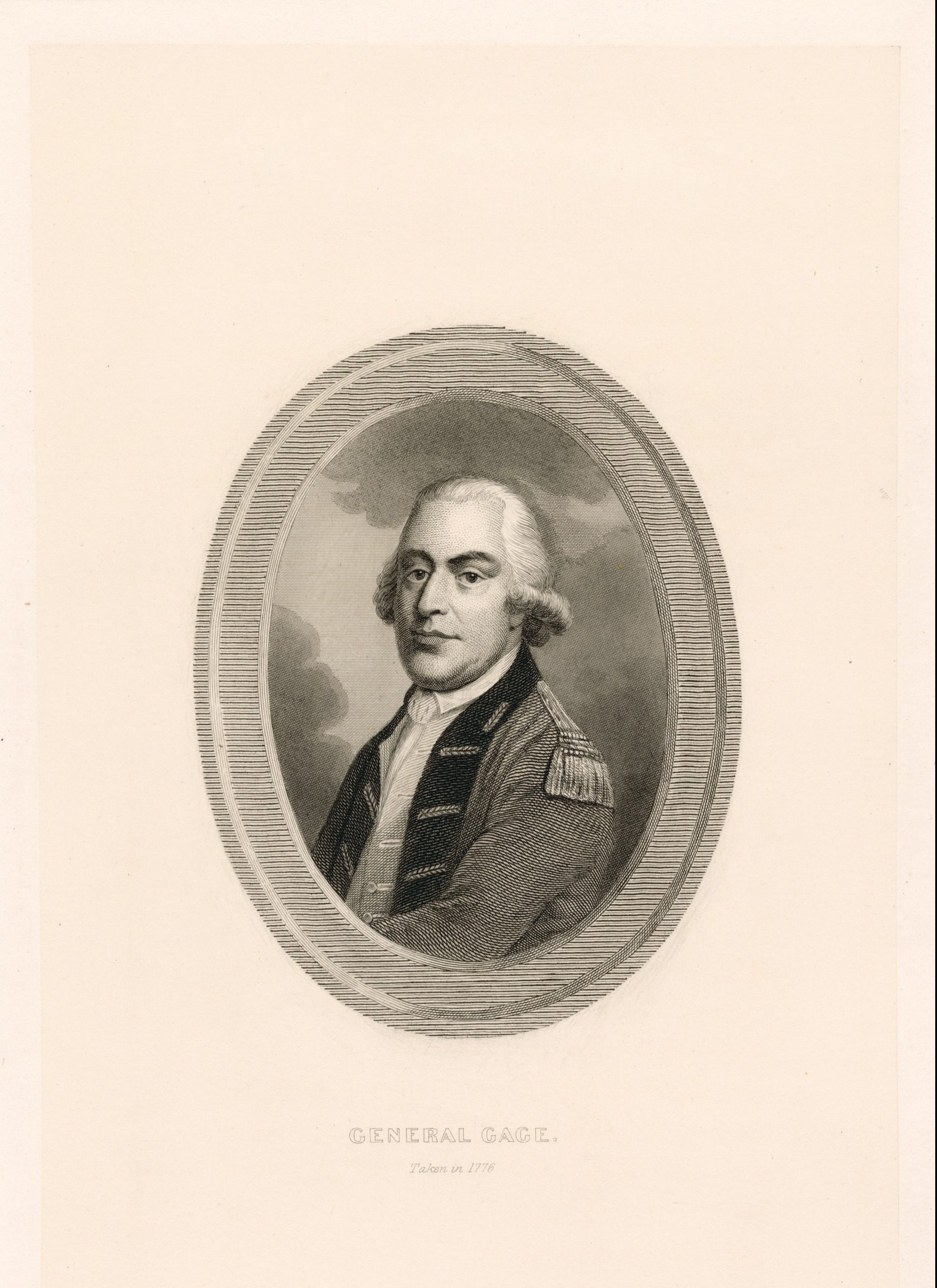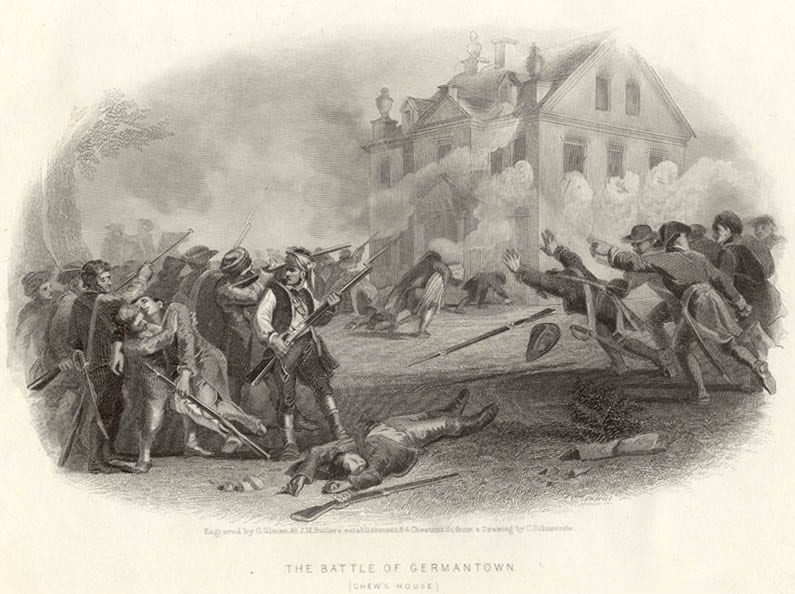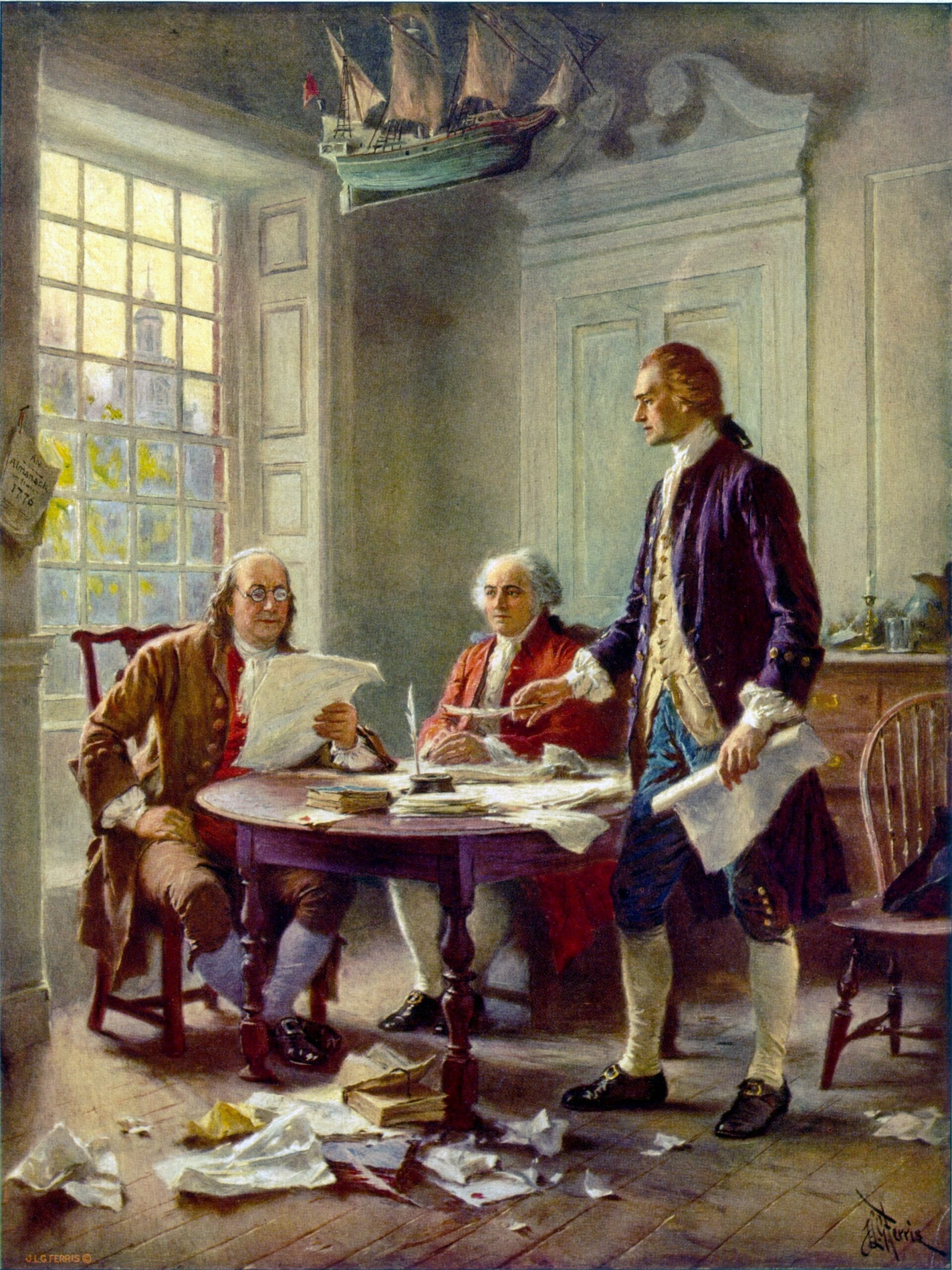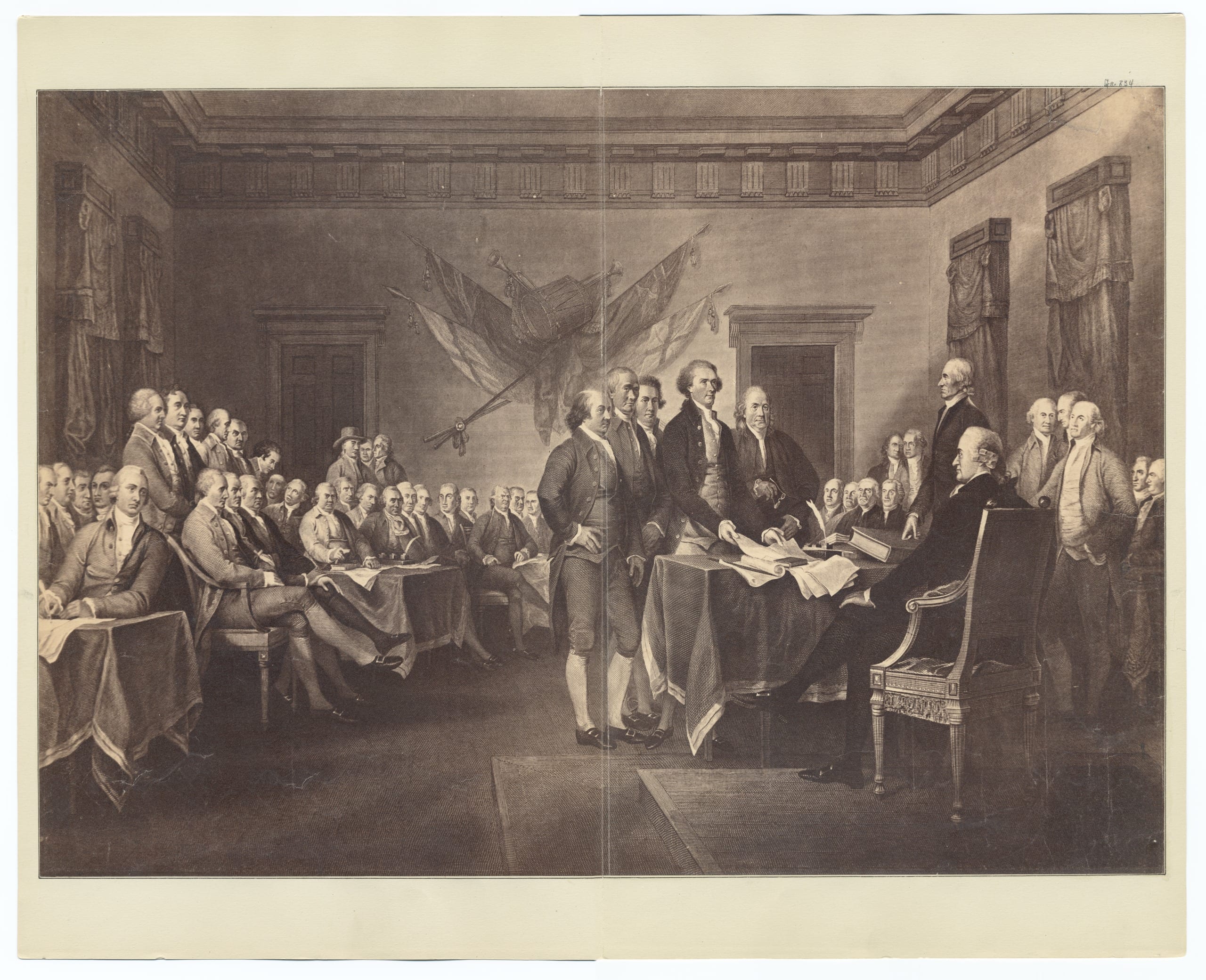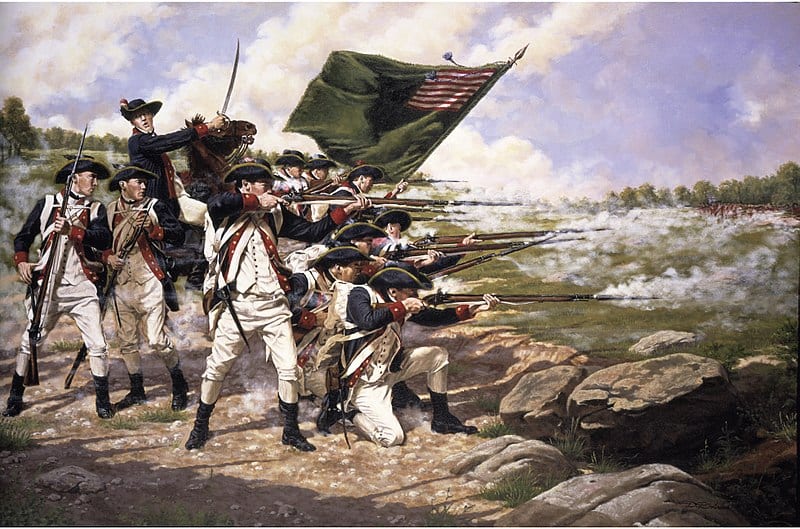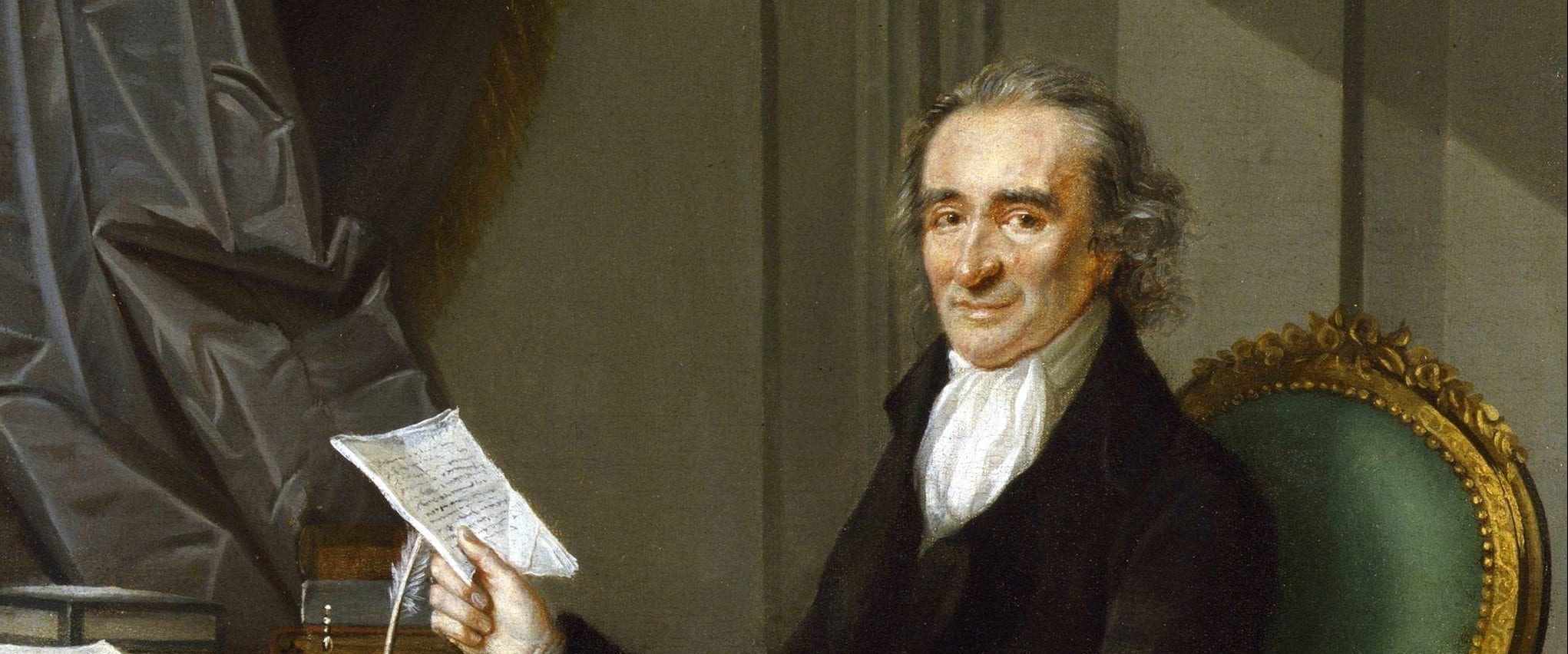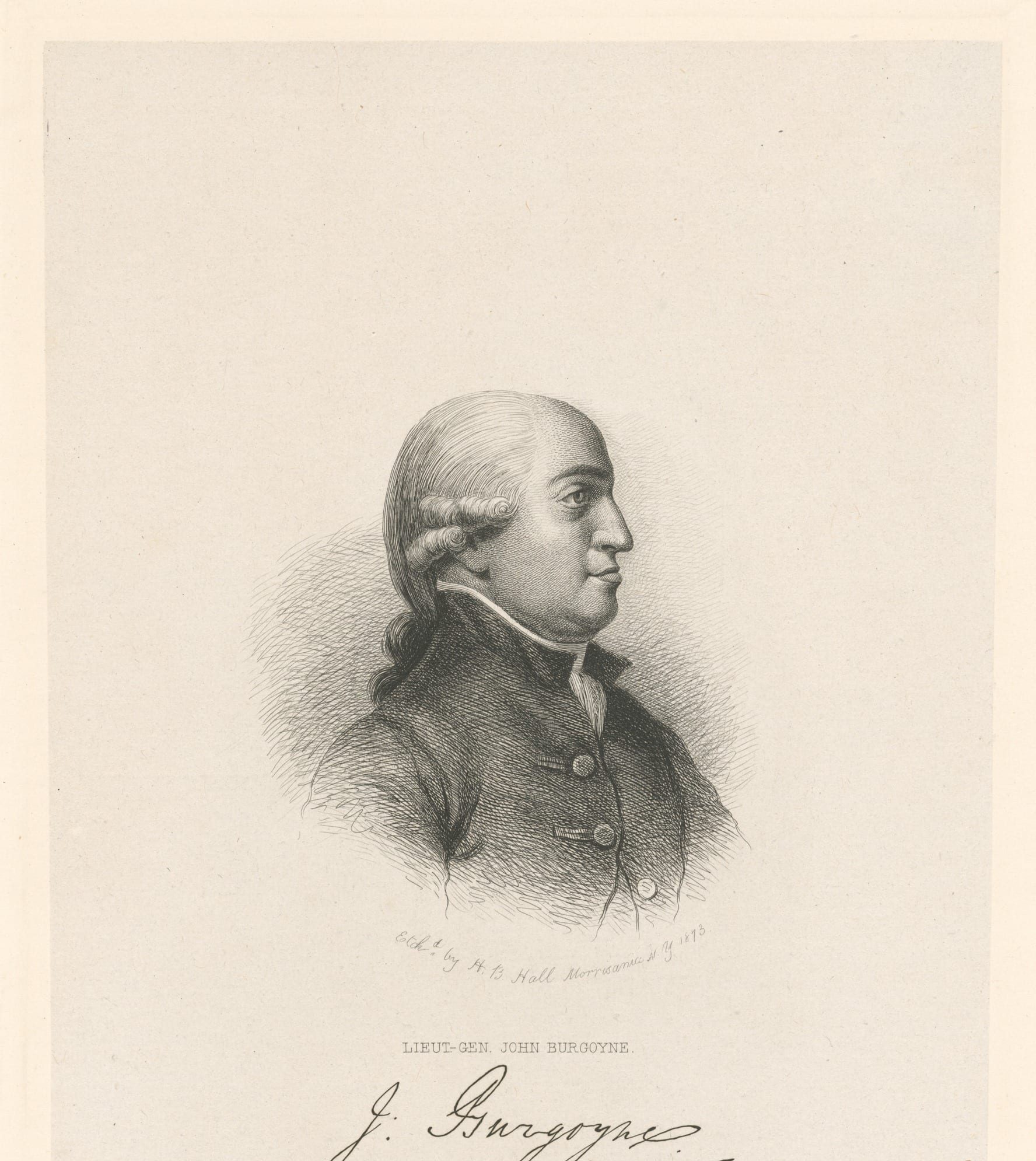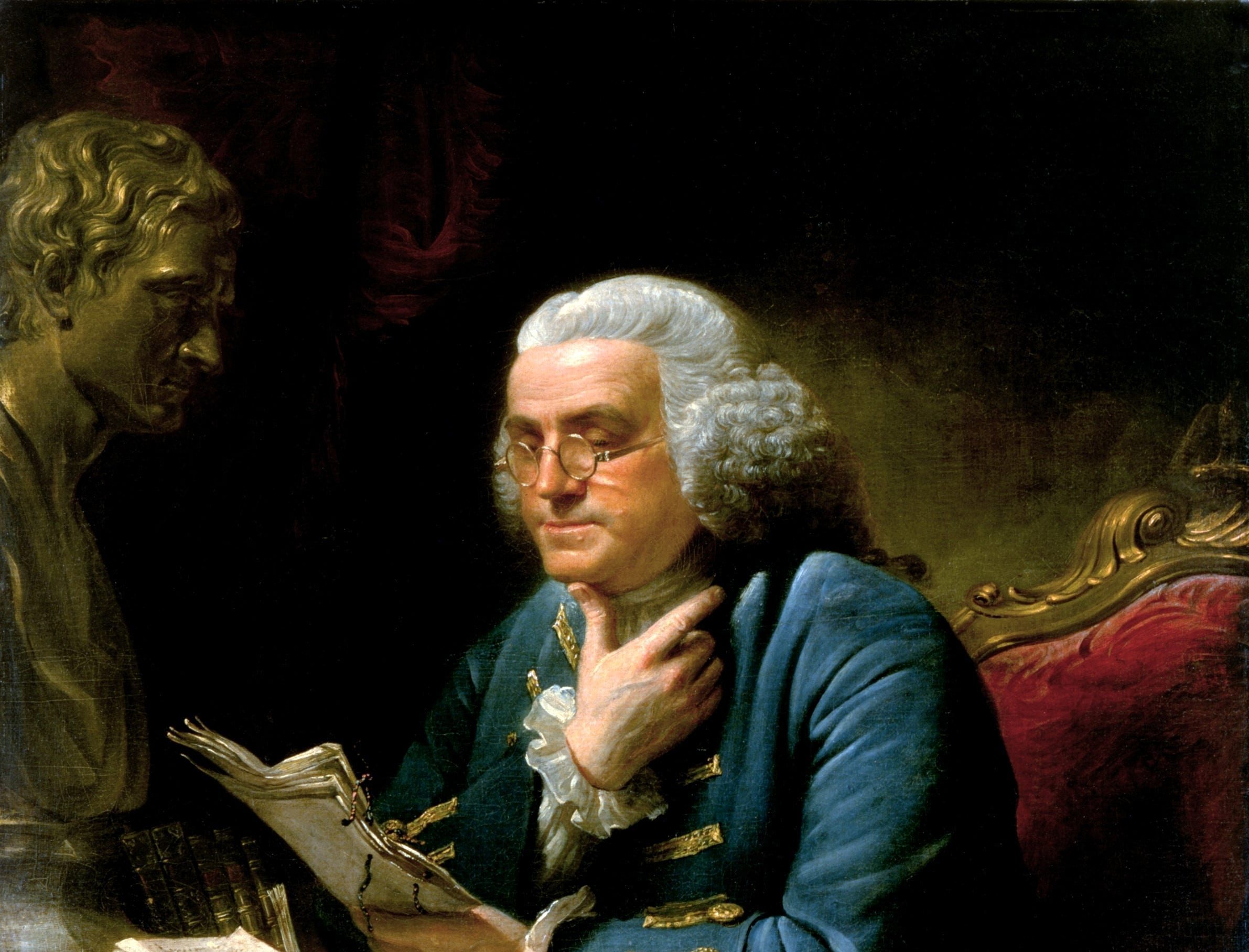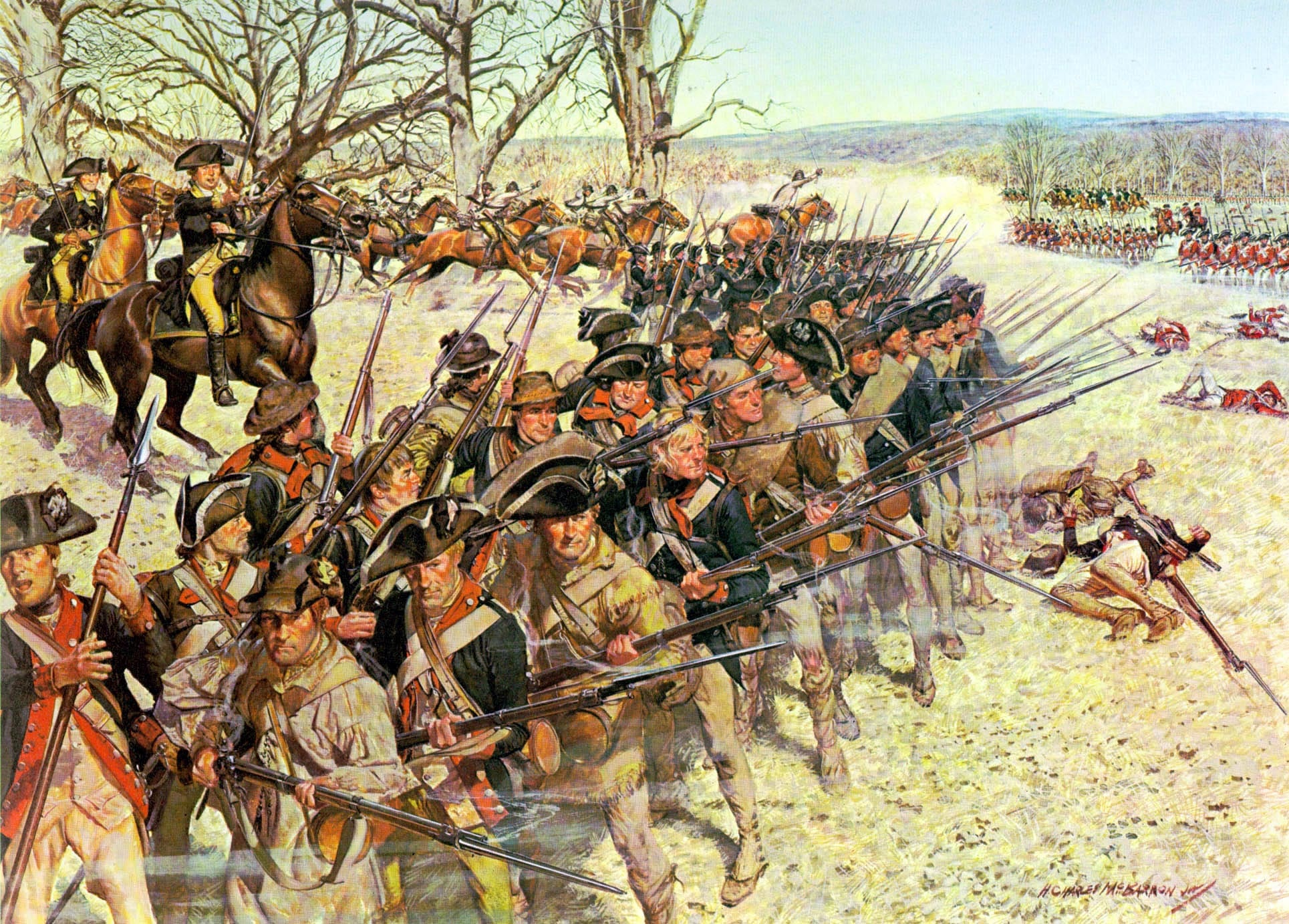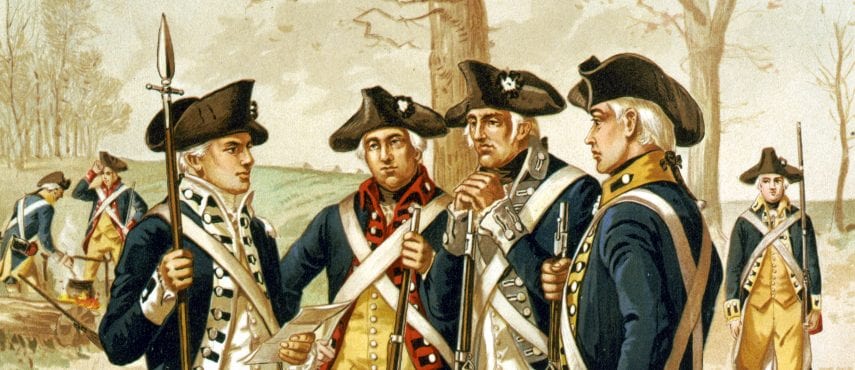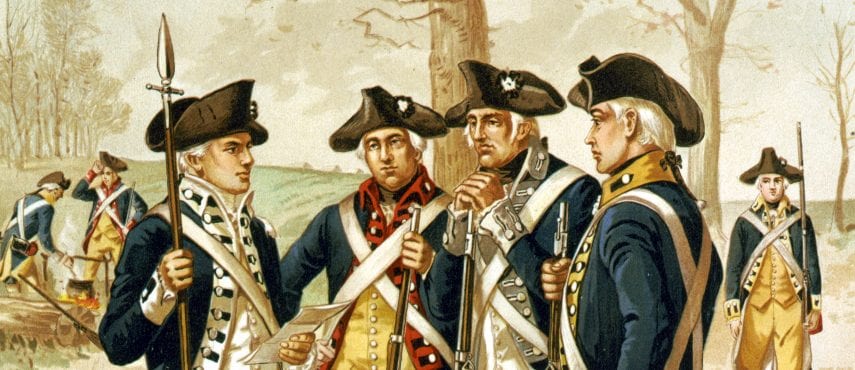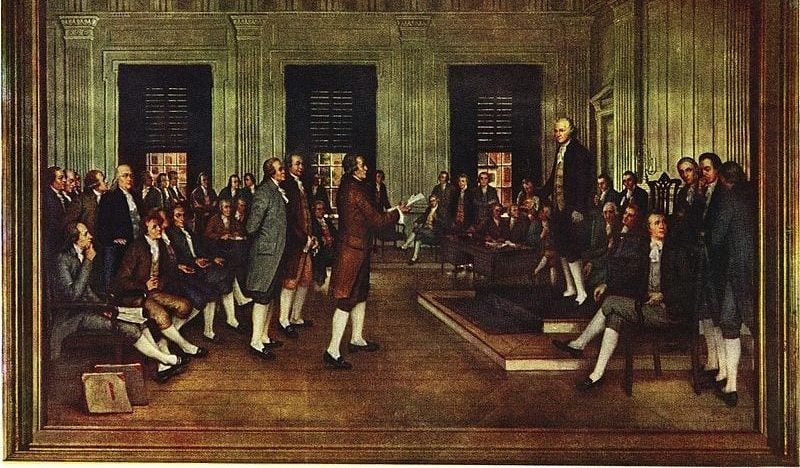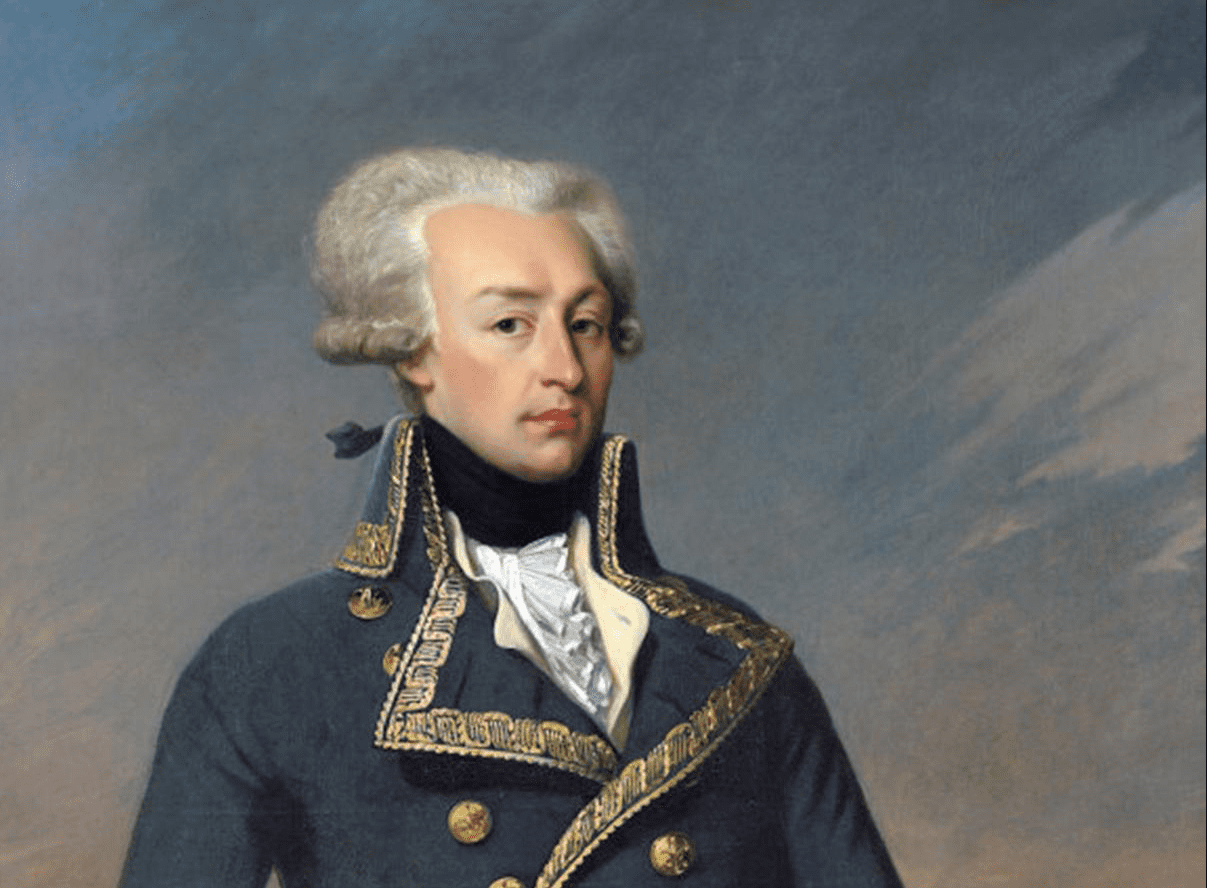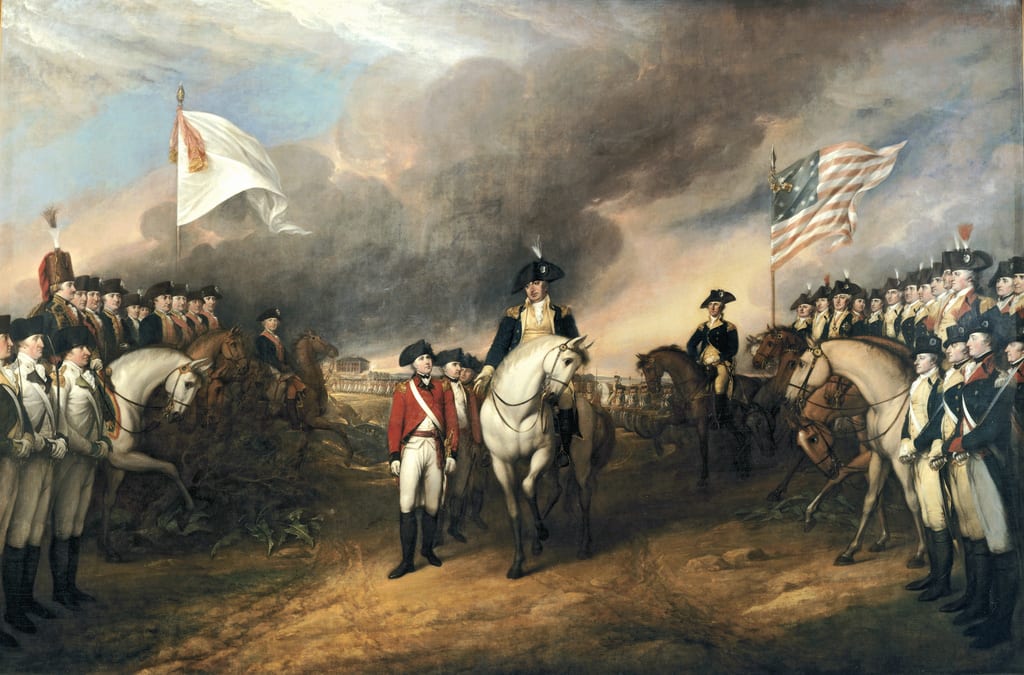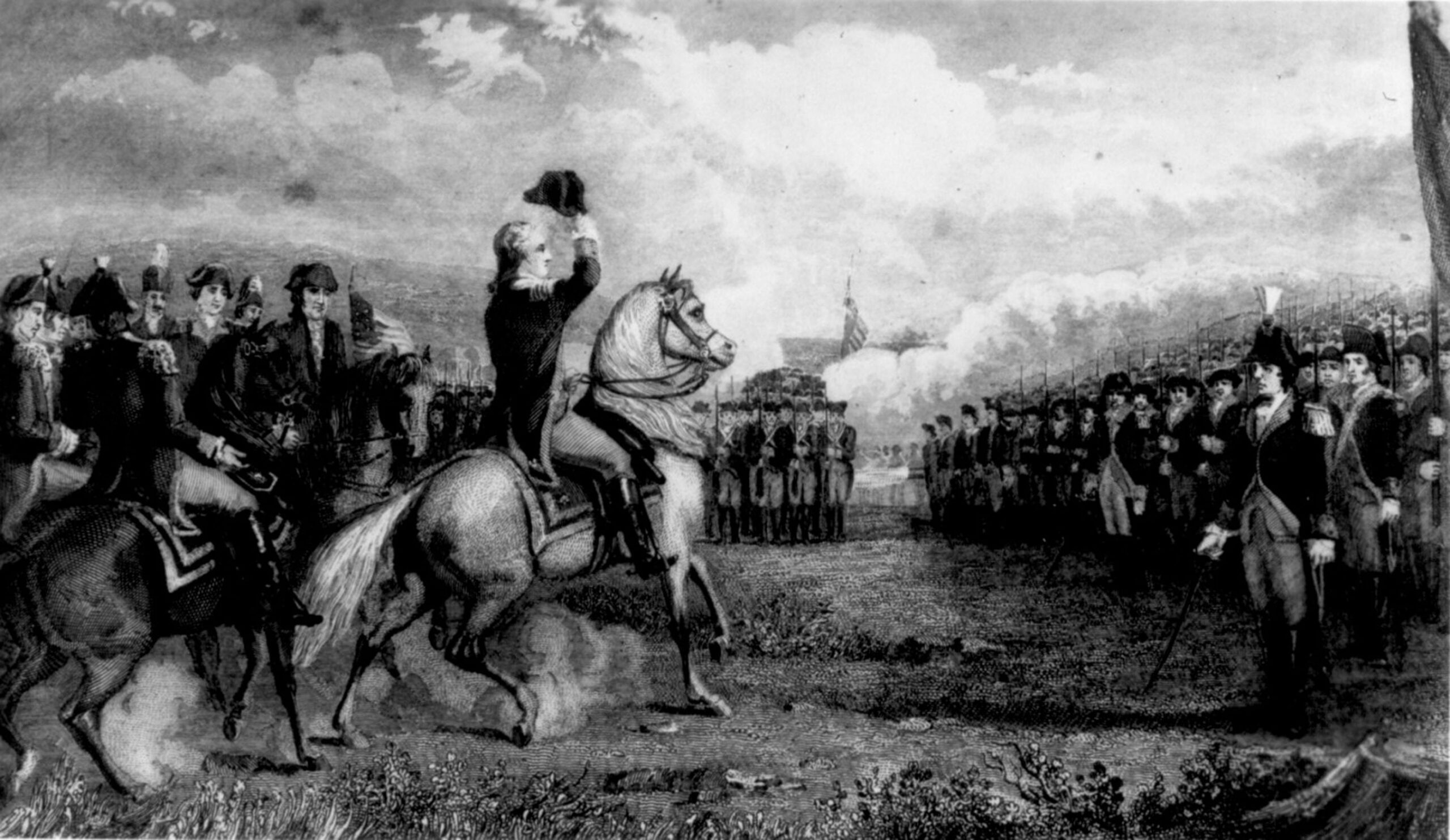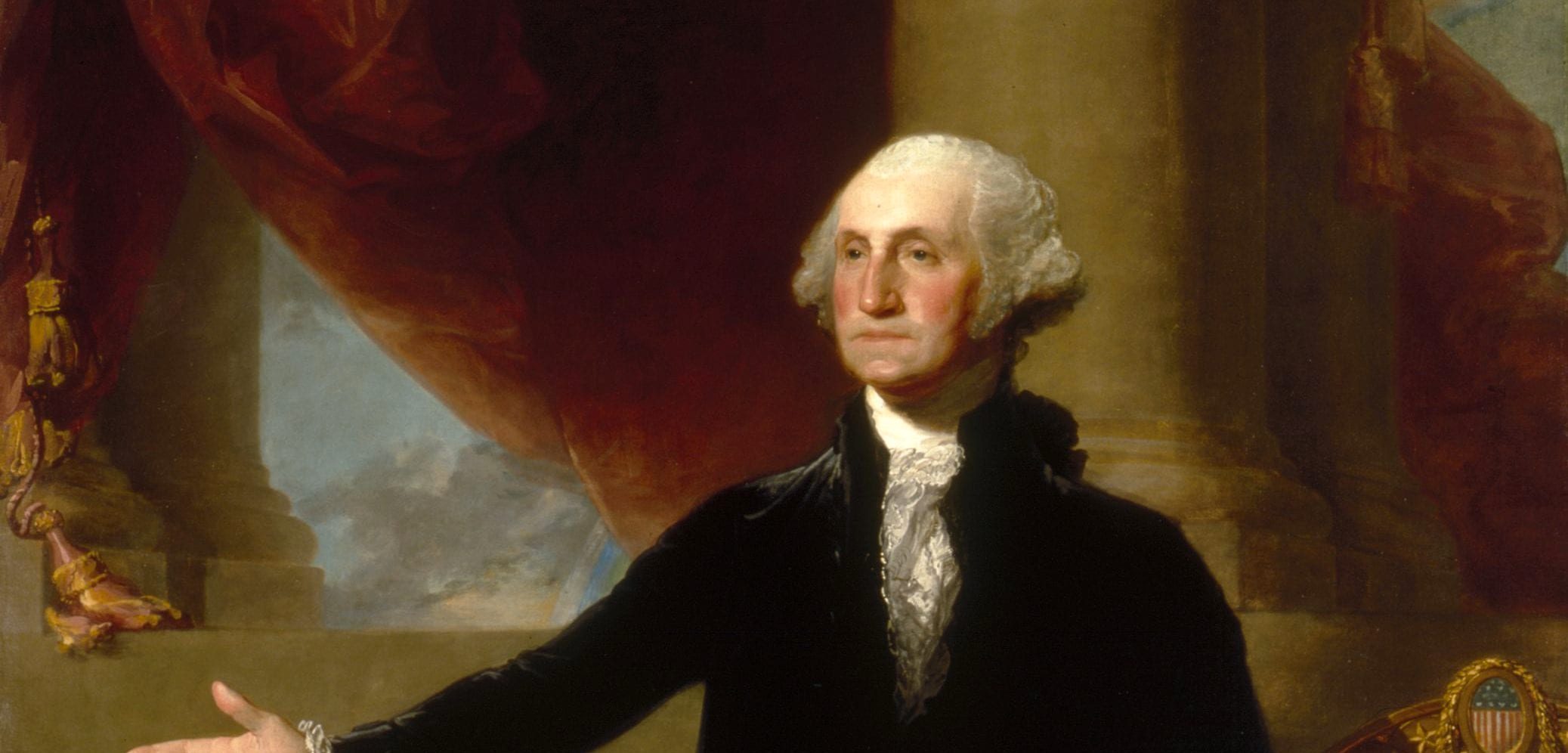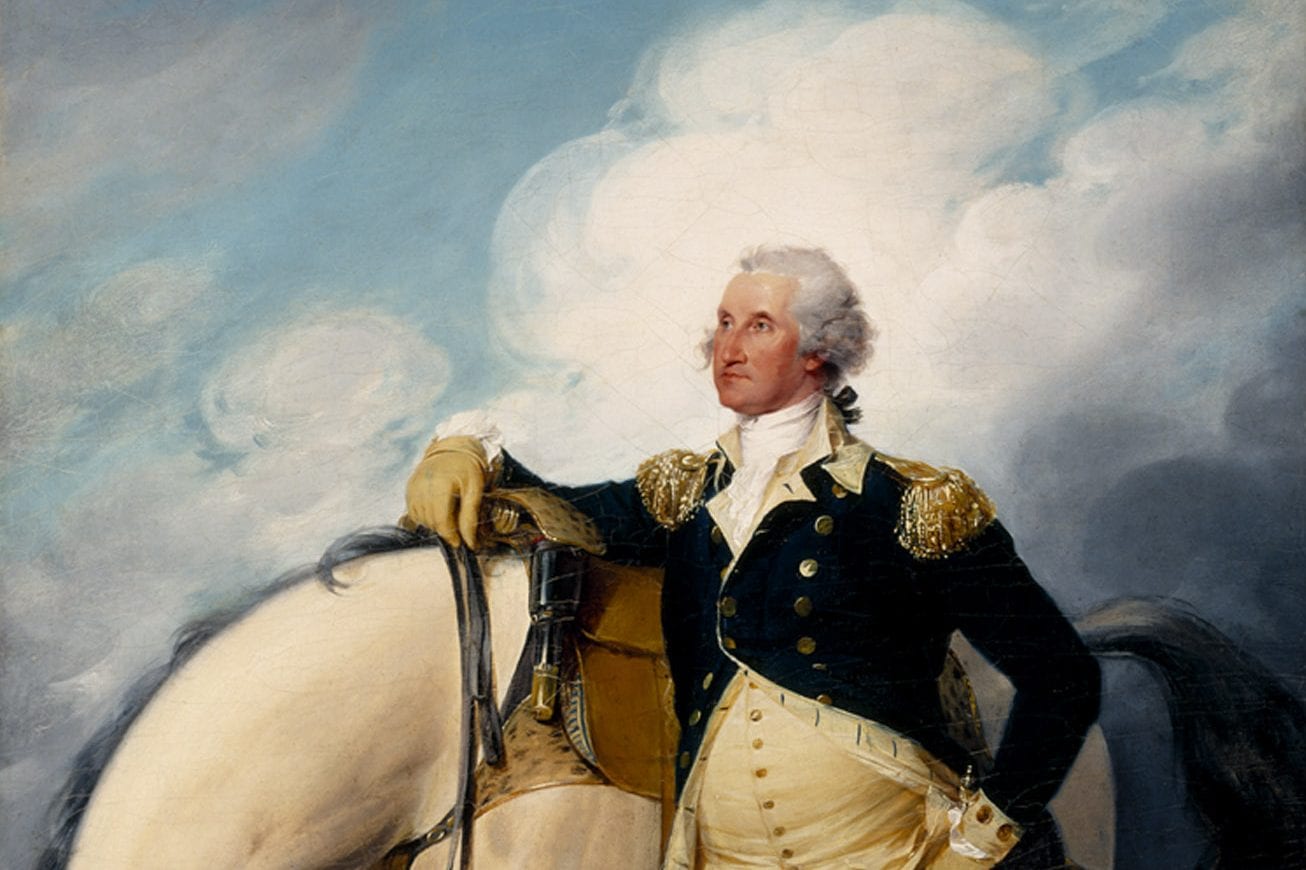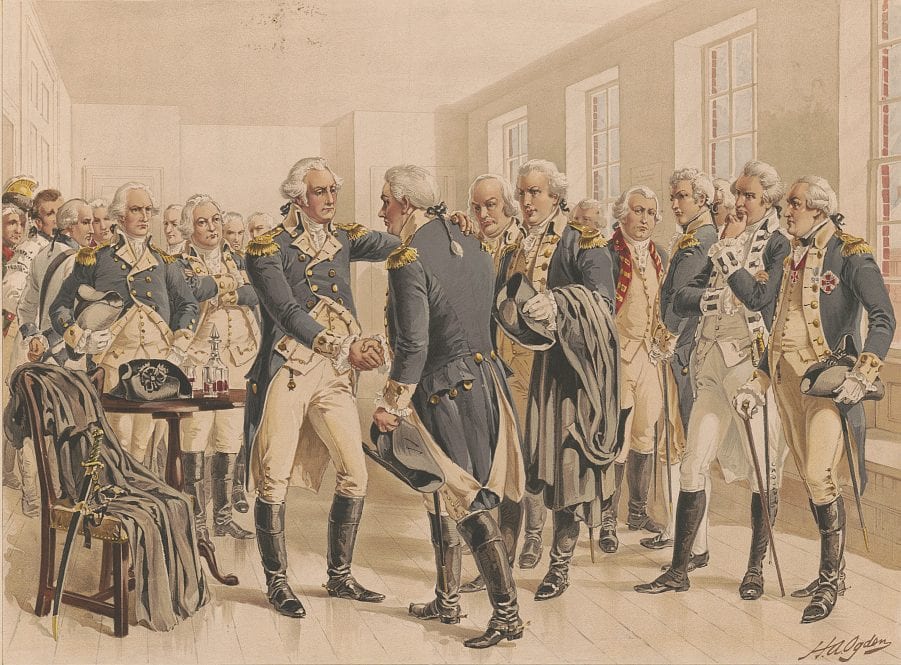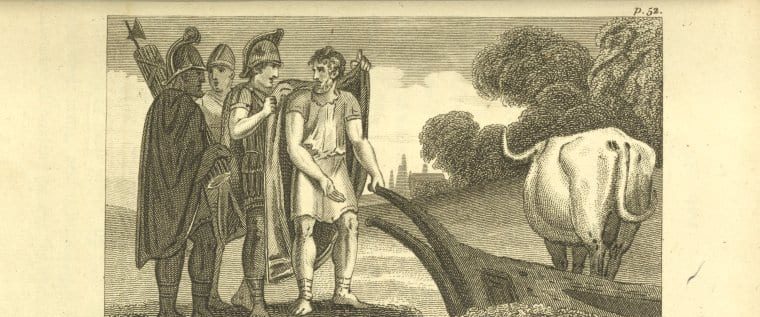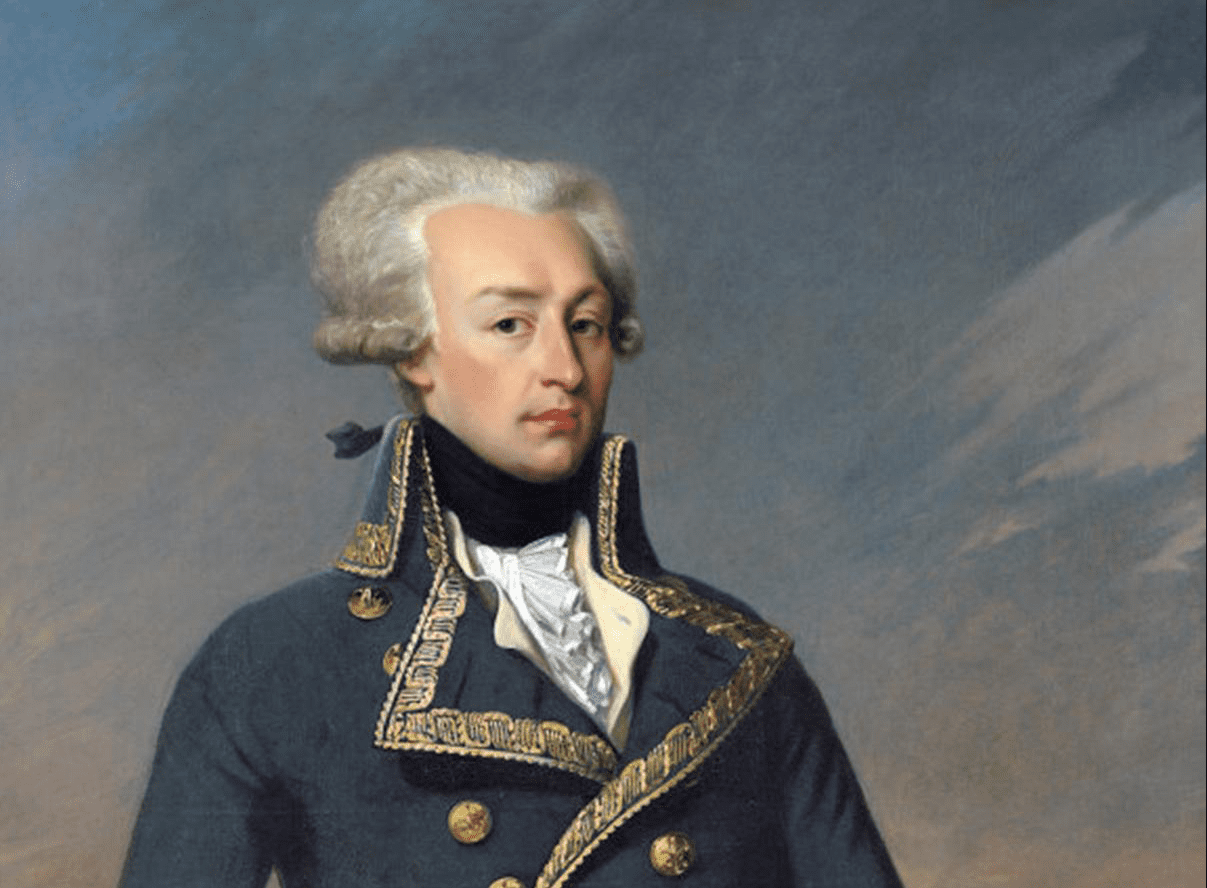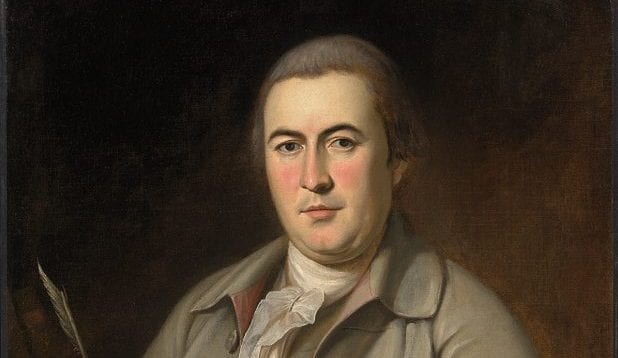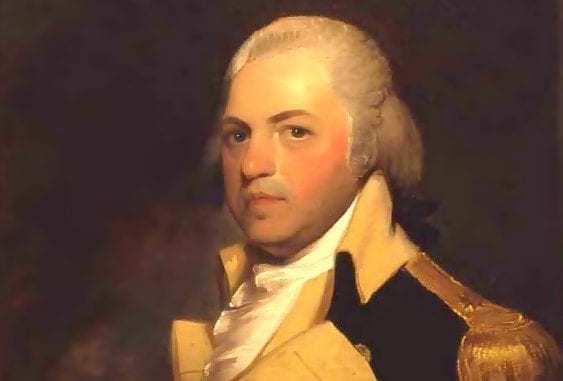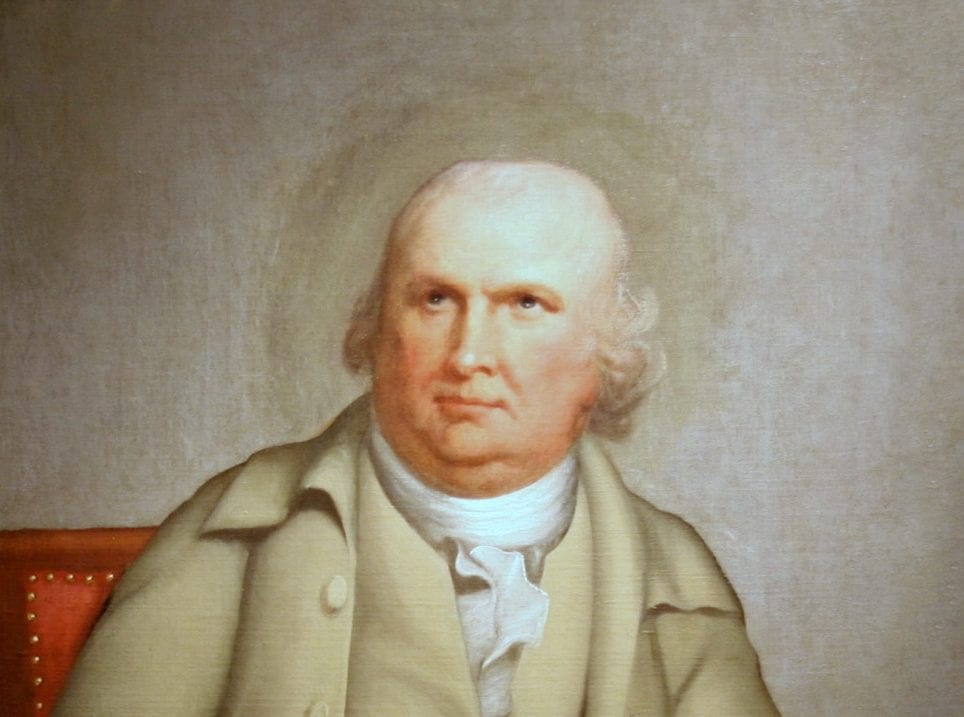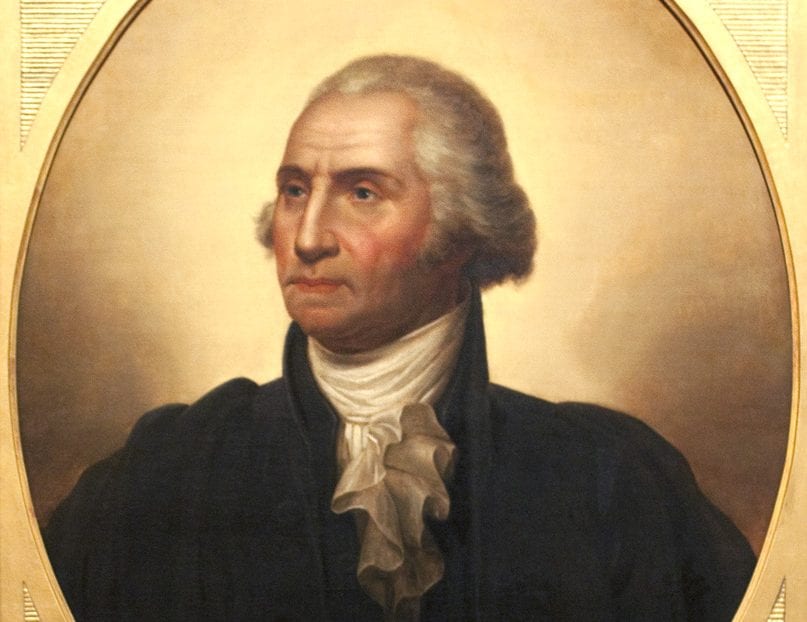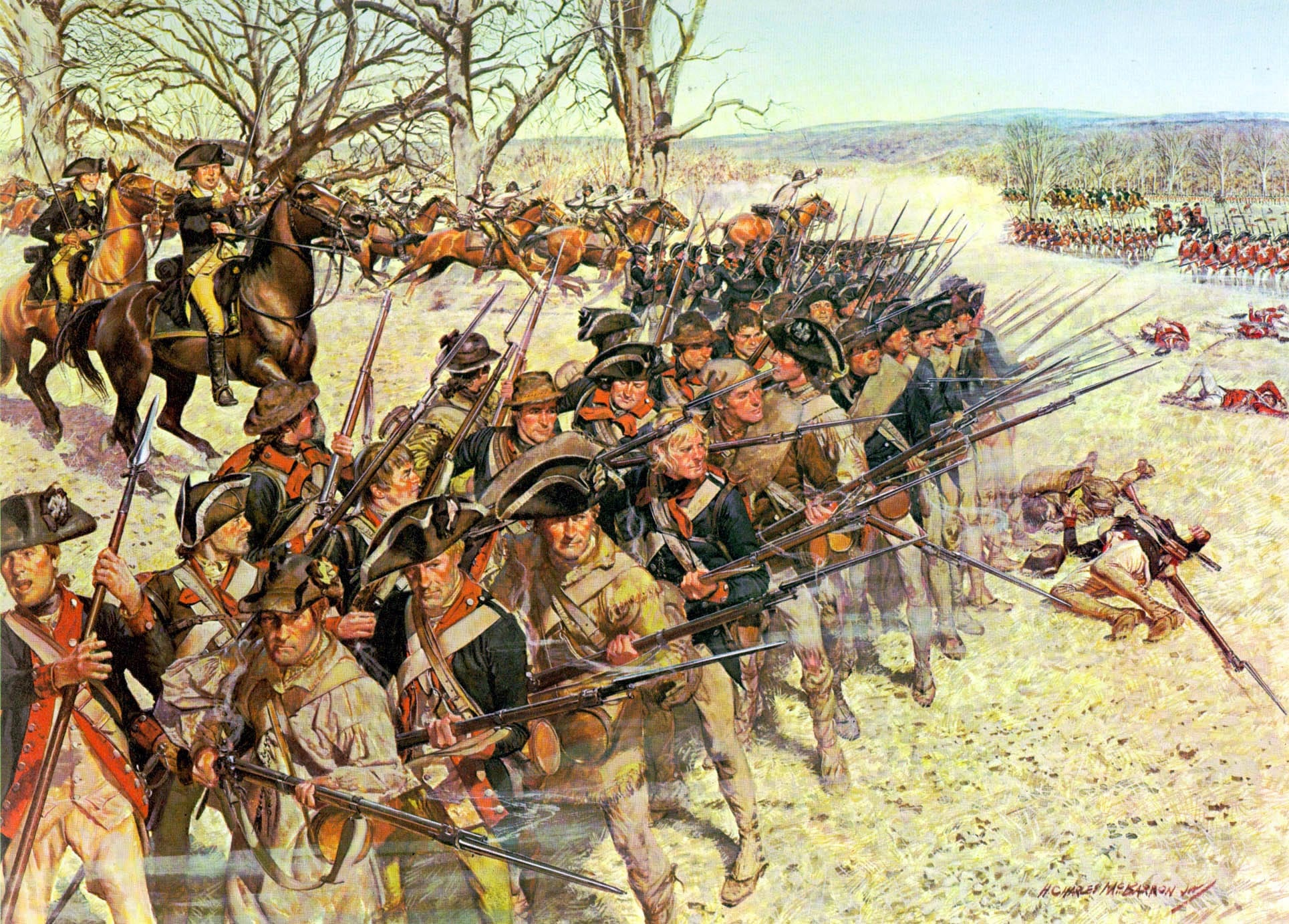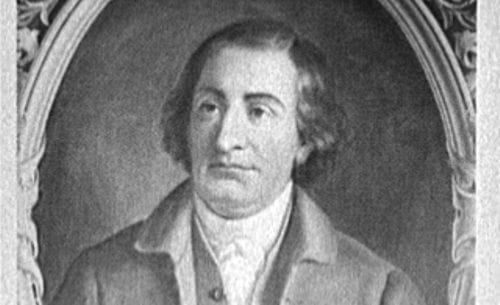
No related resources
Introduction
Although a desire for independence did not cause the war with Great Britain, the war with Britain certainly contributed to a desire for independence. In May 1775, after Lexington and Concord, men serving under Benedict Arnold (1741–1801) and Ethan Allen (1738–1789) seized Fort Ticonderoga. In December, Henry Knox (1750–1806) and his troops dragged from the fort 59 artillery pieces 300 miles across the Berkshire Mountains, frozen rivers, and rough terrain to fortify the commanding view of Boston at Dorchester Heights. The fact that the British had not secured Dorchester Heights made their decision to secure Bunker Hill in June 1775 appear even more foolish, as they suffered more than 1,000 killed or wounded in the process. Americans endured their own embarrassments, such as the ill-fated December 31 Battle of Quebec. Meanwhile, the king and Parliament displayed little interest in compromise. With so much at stake—and so many lives already lost—the Continental Congress’s professed goal of repairing relations with Britain seemed increasingly quixotic.
As Thomas Paine (1737–1809) argued in his influential January 1776 pamphlet, Common Sense, the reasons for independence were clear and compelling. They included not only the long list of British violations of Americans’ rights but also Paine’s stunning, unvarnished critiques of monarchy in general, the British monarch in particular, and the fundamental premises of the relationship between the colonies and London. What had until recently been unspeakable and even unthinkable, Paine now put in print. The pamphlet, which gained a massive audience, made a major contribution to the cause of independence. Within three months of its publication, 100,000 copies of Common Sense circulated among the thirteen colonies’ two million free inhabitants.
Source: Moncure Daniel Conway, ed., The Writings of Thomas Paine, 4 vols. (New York: G. P. Putnam’s Sons, 1894–96), 1:68, 69,, 84–88, 89–90, 101–2, 110–11. http://oll.libertyfund.org/titles/paine-the-writings-of-thomas-paine-4-vols
The cause of America is in a great measure the cause of all mankind. Many circumstances have, and will arise, which are not local, but universal, and through which the principles of all lovers of mankind are affected, and in the event of which their affections are interested. The laying a country desolate with fire and sword, declaring war against the natural rights of all mankind, and extirpating the defenders thereof from the face of the earth, is the concern of every man to whom nature has given the power of feeling; of which class, regardless of party censure, is THE AUTHOR….
SOME writers have so confounded society with government, as to leave little or no distinction between them; whereas they are not only different, but have different origins. Society is produced by our wants, and government by our wickedness; the former promotes our happiness positively by uniting our affections, the latter negatively by restraining our vices. The one encourages intercourse, the other creates distinctions. The first is a patron, the last a punisher.
Society in every state is a blessing, but government, even in its best state, is but a necessary evil; in its worst state an intolerable one; for when we suffer, or are exposed to the same miseries by a government, which we might expect in a country without government, our calamity is heightened by reflecting that we furnish the means by which we suffer. Government, like dress, is a badge of lost innocence; the palaces of kings are built on the ruins of the bowers[1] of paradise. For were the impulses of conscience clear, uniform, and irresistibly obeyed, man would need no other lawgiver; but that not being the case, he finds it necessary to surrender up a part of his property to furnish means for the protection of the rest; and this he is induced to do by the same prudence which in every other case, advises him out of two evils to choose the least. Wherefore security being the true design and end of government… whatever form thereof appears most likely to ensure it to us, with the least expense and greatest benefit, is preferable to all others….
IN the following pages I offer nothing more than simple facts, plain arguments, and common sense; and have no other preliminaries to settle with the reader, than that he will divest himself of prejudice and prepossession, and suffer his reason and his feelings to determine for themselves; that he will put on, or rather that he will not put off, the true character of a man, and generously enlarge his views beyond the present day.
Volumes have been written on the subject of the struggle between England and America. Men of all ranks have embarked in the controversy, from different motives, and with various designs; but all have been ineffectual, and the period of debate is closed. Arms, as the last resource, decide the contest; the appeal was the choice of the king, and the continent has accepted the challenge….
The sun never shined on a cause of greater worth. It is not the affair of a city, a county, a province, or a kingdom; but of a continent—of at least one-eighth part of the habitable globe. It is not the concern of a day, a year, or an age; posterity are virtually involved in the contest, and will be more or less affected even to the end of time, by the proceedings now. Now is the seedtime of continental union, faith, and honor. The least fracture now will be like a name engraved with the point of a pin on the tender rind[2] of a young oak; the wound would enlarge with the tree, and posterity read it in full grown characters.
By referring the matter from argument to arms, a new era for politics is struck—a new method of thinking has arisen. All plans, proposals, etc., prior to the nineteenth of April, i.e. to the commencement of hostilities, are like the almanacs of the last year; which, though proper then, are superseded and useless now. Whatever was advanced by the advocates on either side of the question then, terminated in one and the same point,… a union with Great Britain; the only difference between the parties was the method of effecting it; the one proposing force, the other friendship; but it has so far happened that the first has failed, and the second has withdrawn her influence.
As much has been said of the advantages of reconciliation, which, like an agreeable dream, has passed away and left us as we were, it is but right that we should examine the contrary side of the argument, and enquire into some of the many material injuries which these colonies sustain, and always will sustain, by being connected with and dependent on Great Britain. To examine that connection and dependence, on the principles of nature and common sense, [is] to see what we have to trust to, if separated, and what we are to expect, if dependent.
I have heard it asserted by some, that as America has flourished under her former connection with Great Britain, the same connection is necessary towards her future happiness, and will always have the same effect. Nothing can be more fallacious than this kind of argument. We may as well assert that because a child has thrived upon milk, that it is never to have meat, or that the first twenty years of our lives is to become a precedent for the next twenty. But even this is admitting more than is true; for I answer roundly, that America would have flourished as much, and probably much more, had no European power taken any notice of her. The commerce by which she has enriched herself are the necessaries of life and will always have a market while eating is the custom of Europe.
But she has protected us, say some. That she has engrossed us is true, and defended the continent at our expense as well as her own, is admitted; and she would have defended Turkey … for the sake of trade and dominion.
Alas! We have been long led away by ancient prejudices and made large sacrifices to superstition. We have boasted the protection of Great Britain, without considering that her motive was interest not attachment; and that she did not protect us from our enemies on our account, but from her enemies on her own account; from those who had no quarrel with us on any other account; and who will always be our enemies on the same account. Let Britain waive her pretensions to the continent, or the continent throw off the dependence, and we should be at peace with France and Spain, were they at war with Britain….
But Britain is the parent country, say some. Then the more shame upon her conduct. Even brutes do not devour their young, nor savages make war upon their families…. This new world has been the asylum for the persecuted lovers of civil and religious liberty from every part of Europe…. [To here] have they fled, not from the tender embraces of the mother, but from the cruelty of the monster; and it is so far true of England, that the same tyranny, which drove the first emigrants from home, pursues their descendants still….
But, admitting that we were all of English descent, what does it amount to? Nothing. Britain, being now an open enemy, extinguishes every other name and title: and to say that reconciliation is our duty, is truly farcical. The first king of England, of the present line (William the Conqueror)[3] was a Frenchman, and half the peers of England are descendants from the same country; wherefore, by the same method of reasoning, England ought to be governed by France….
Europe is too thickly planted with kingdoms to be long at peace, and whenever a war breaks out between England and any foreign power, the trade of America goes to ruin, because of her connection with Britain. The next war may not turn out like the last, and should it not, the advocates for reconciliation now will be wishing for separation then, because neutrality in that case would be a safer convoy than a man of war. Everything that is right or reasonable pleads for separation. The blood of the slain, the weeping voice of nature cries, ‘TIS TIME TO PART. Even the distance at which the Almighty has placed England and America is a strong and natural proof that the authority of the one over the other was never the design of Heaven….
The authority of Great Britain over this continent, is a form of government, which sooner or later must have an end. And a serious mind can draw no true pleasure by looking forward, under the painful and positive conviction, that what he calls “the present constitution” is merely temporary. As parents, we can have no joy, knowing that this government is not sufficiently lasting to ensure anything which we may bequeath to posterity. And by a plain method of argument, as we are running the next generation into debt, we ought to do the work of it, otherwise we use them meanly and pitifully. In order to discover the line of our duty rightly, we should take our children in our hand, and fix our station a few years farther into life; that eminence will present a prospect, which a few present fears and prejudices conceal from our sight.
Though I would carefully avoid giving unnecessary offence, yet I am inclined to believe, that all those who espouse the doctrine of reconciliation, may be included within the following descriptions: Interested men, who are not to be trusted; weak men, who cannot see; prejudiced men, who will not see; and a certain set of moderate men, who think better of the European world than it deserves; and this last class, by an ill-judged deliberation, will be the cause of more calamities to this continent than all the other three….
I HAVE never met with a man, either in England or America, who has not confessed his opinion, that a separation between the countries would take place one time or other. And there is no instance in which we have shown less judgment, than in endeavoring to describe, what we call, the ripeness or fitness of the continent for independence.
As all men allow the measure, and vary only in their opinion of the time, let us, in order to remove mistakes, take a general survey of things, and endeavor if possible to find out the very time. But I need not go far; the inquiry ceases at once, for the time has found us. The general concurrence, the glorious union of all things, proves the fact.
It is not in numbers but in unity that our great strength lies; yet our present numbers are sufficient to repel the force of all the world. The continent has at this time the largest body of armed and disciplined men of any power under Heaven; and is just arrived at that pitch of strength, in which no single colony is able to support itself, and the whole, when united, is able to do anything. Our land force is more than sufficient, and as to naval affairs, we cannot be insensible that Britain would never suffer an American man of war to be built, while the continent remained in her hands. Wherefore, we should be no forwarder a hundred years hence … than we are now; but the truth is, we should be less so, because the timber of the country is every day diminishing, and that which will remain at last, will be far off or difficult to procure….
Debts we have none; and whatever we may contract on this account will serve as a glorious memento of our virtue. Can we but leave posterity with a settled form of government, an independent constitution of its own, the purchase at any price will be cheap. But to expend millions for the sake of getting a few vile acts repealed, and routing the present ministry only, is unworthy the charge, and is using posterity with the utmost cruelty; because it is leaving them the great work to do, and a debt upon their backs from which they derive no advantage. Such a thought is unworthy a man of honor, and is the true characteristic of a narrow heart and a piddling politician.
The debt we may contract does not deserve our regard if the work be but accomplished. No nation ought to be without a debt. A national debt is a national bond; and when it bears no interest, is in no case a grievance. Britain is oppressed with a debt of upwards of one hundred and forty million sterling, for which she pays upwards of four million interest. And as a compensation for her debt, she has a large navy; America is without a debt, and without a navy; yet for the twentieth part of the English national debt, could have a navy as large….
TO CONCLUDE, however strange it may appear to some, or however unwilling they may be to think so, matters not, but many strong and striking reasons may be given to show, that nothing can settle our affairs so expeditiously as an open and determined declaration for independence. Some of which are,
First—It is the custom of nations, when any two are at war, for some other powers, not engaged in the quarrel, to step in as mediators, and bring about the preliminaries of a peace. But while America calls herself the subject of Great Britain, no power, however well disposed she may be, can offer her mediation. Wherefore, in our present state we may quarrel on forever.
Second—It is unreasonable to suppose, that France or Spain will give us any kind of assistance, if we mean only to make use of that assistance for the purpose of repairing the breach, and strengthening the connection between Britain and America; because, those powers would be sufferers by the consequences.
Third—While we profess ourselves the subjects of Britain, we must, in the eyes of foreign nations, be considered as rebels. The precedent is somewhat dangerous to their peace, for men to be in arms under the name of subjects. We, on the spot, can solve the paradox; but to unite resistance and subjection, requires an idea much too refined for common understanding.
Fourth—Were a manifesto to be published, and dispatched to foreign courts, setting forth the miseries we have endured, and the peaceful methods which we have ineffectually used for redress; declaring at the same time, that not being able any longer to live happily or safely under the cruel disposition of the British court, we had been driven to the necessity of breaking off all connections with her; at the same time, assuring all such courts of our peaceable disposition towards them, and of our desire of entering into trade with them. Such a memorial would produce more good effects to this continent, than if a ship were freighted with petitions to Britain….
These proceedings may at first seem strange and difficult, but like all other steps which we have already passed over, will in a little time become familiar and agreeable: and until and independence is declared, the continent will feel itself like a man who continues putting off some unpleasant business from day to day, yet knows it must be done, hates to set about it, wishes it over, and is continually haunted with the thoughts of its necessity.

Conversation-based seminars for collegial PD, one-day and multi-day seminars, graduate credit seminars (MA degree), online and in-person.











